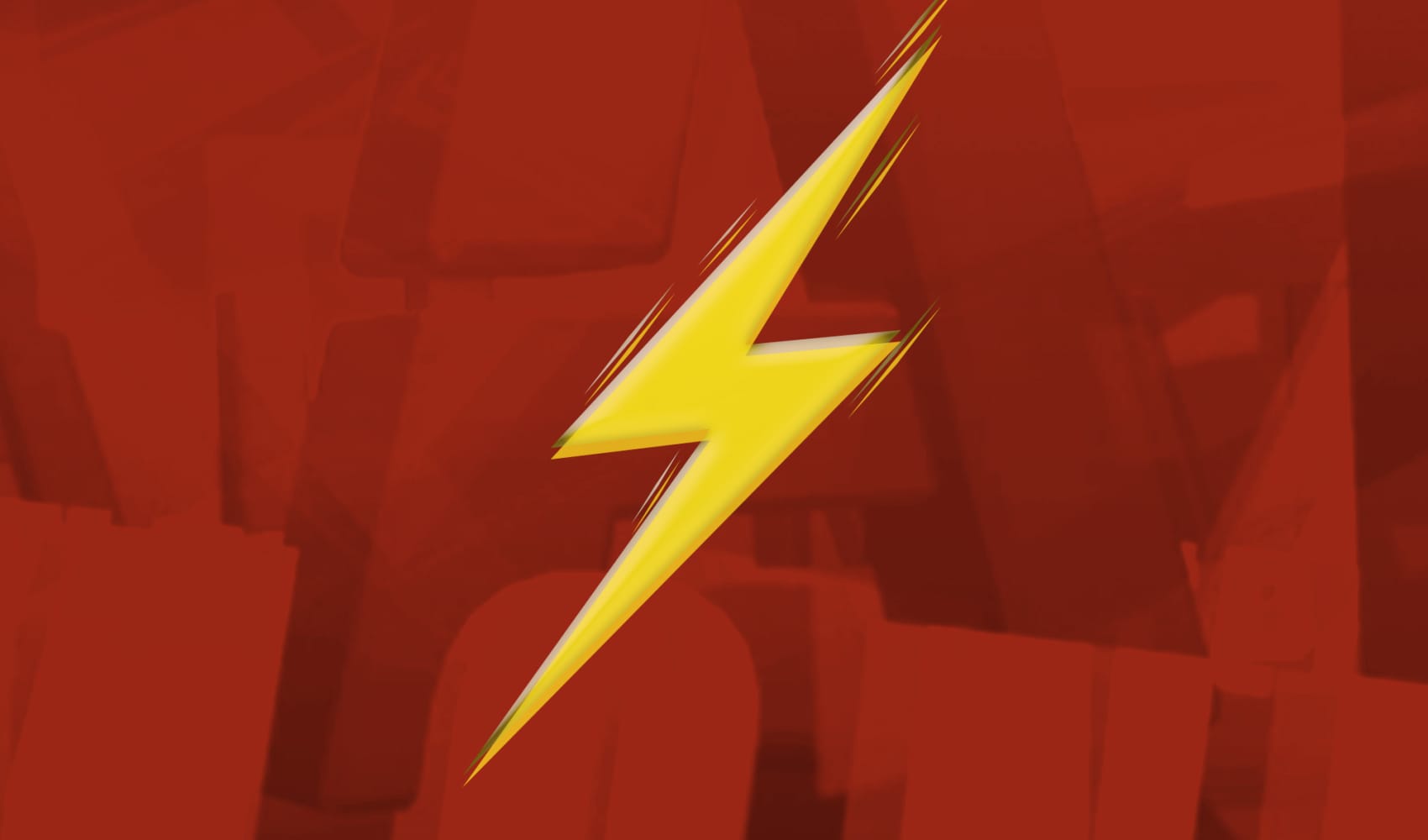
- Dallas Fed President Robert Kaplan backed more spending to help with Covid-19 vaccinations as well as getting schools reopened.
- In a CNBC interview, he stopped short of endorsing either of the proposals being debated in Washington.
- Kaplan said it’s too early to discuss a timetable for withdrawing the Fed’s economic support.
Dallas Federal Reserve President Robert Kaplan in a CNBC interview Tuesday backed more spending across a variety of fronts as the economy tries to shake off the Covid-19 pandemic effects.
President Joe Biden has proposed spending $1.9 trillion to provide more cash payouts and enhanced unemployment benefits to Americans, as well as a minimum wage hike, funding for vaccine programs and aid to schools along with state and local governments.
Congressional Republicans have set forth a more modest $618 billion plan that would provide lower direct payments and no funding for state and local governments.
While not endorsing either plan, Kaplan said additional fiscal help is needed for an array of still-pressing priorities.
"It's critical we have money to do vaccinations and testing. It's critical that people who are out of work have continued relief beyond March," the central bank official told CNBC's Steve Liesman during a "Squawk Box" interview.
Money Report
"It's critical we have enough money to reopen schools, and one of the big issues in this pandemic is women with children have disproportionately left the workforce. So getting schools reopened in person, having money for that and money for child care is going to critical to getting that group back into the workforce. We need it if we're going to grow faster."
Kaplan spoke the day after the Congressional Budget Office painted a fairly optimistic picture of growth ahead.
The CBO projected real GDP growth of 3.7% -- below the Fed's median outlook of 4.2% -- and the unemployment rate to get back to its pre-pandemic level by 2024. Inflation is expected to hit the Fed's 2% target after 2023, though the office also projected that the Fed maintains low rates throughout the decade.
While Congress contemplates pumping more money into the economy, the Fed continues to hold short-term borrowing rates near zero and is buying at least $120 billion of bonds a month.
Kaplan did not speculate as to when the central bank would begin curtailing the high levels of accommodation it has provided.
"There'll be time to have that discussion. I think we'll be healthier to wean off these extraordinary measures," he said. "But right now we're in the teeth of this pandemic, and so I think we should be aggressive."
Like other Fed officials, he stressed the importance of how closely the public health aspect is tied to economic growth.
"It makes the urgency of getting people vaccinated that much greater, and that process is critical to seeing the economy recover – better mobility, engagement, getting schools reopened in person, it's central to everything we're seeing in the economy," he said.
Kaplan has said he expects GDP growth this year of about 5%. While he figures the next few months to be "sluggish," he said Tuesday that growth likely will pick up around June and head higher through the second half of the year.






